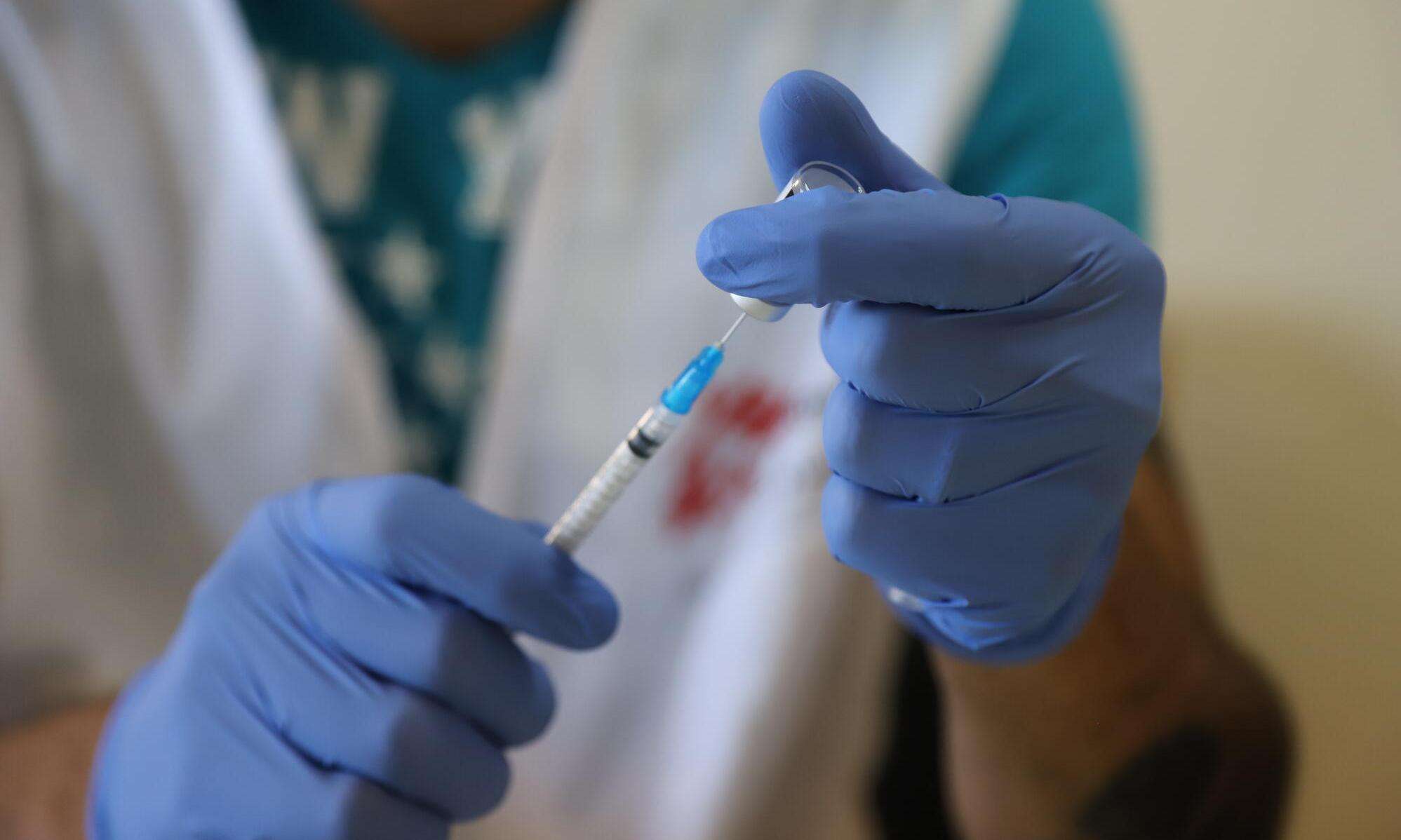NEW YORK, SEPTEMBER 20, 2023—As world leaders convene today for the UN High-Level Meeting on Pandemic Prevention, Preparedness, and Response, Doctors Without Borders/Médecins Sans Frontières (MSF) is disappointed that the declaration fails to make the ambitious commitments necessary to best help people during infectious disease outbreaks, epidemics, and pandemics. Leaders have a responsibility to ensure that future efforts to prevent, prepare for, and respond to health emergencies take affected people’s concerns and needs into consideration instead of only seeing diseases as potential security threats. Additionally, these plans must acknowledge and address inequities that impact people's health worldwide—especially in humanitarian settings, said MSF.
MSF has a long history of responding to and treating people with infectious diseases. During many outbreaks, epidemics, and pandemics, the international medical humanitarian organization has been the first to ring the alarm while working in affected communities where there are often few other actors present. Through this, medical teams have seen firsthand how public health responses can fail without community buy-in. MSF has also experienced frequent barriers in accessing lifesaving medical products because they aren't available due to the high prices pharmaceutical corporations charge or limited supplies as intellectual property (IP) rules prevent other manufacturers from helping boost supplies.
Governments across the globe have also historically failed to address the underlying issues that hamper effective outbreak prevention, preparedness, and response, including responding to public health crises with security approaches that aren’t well-accepted by those affected, failing to equitably allocate key medical tools in a timely way, restricting availability of medical tools through unnecessary IP rules, not attaching access and affordability conditions to public funding given to pharmaceutical companies, failing to be more transparent themselves and demand pharmaceutical corporations do the same, and limiting financial support to low- and middle- income countries.
In addition to the UN High-Level Meeting, there are currently multiple global processes and initiatives underway that seek to create or improve global systems for future global health emergencies, including negotiations around a potential pandemic treaty at the World Health Organization (WHO). Moving forward, these processes should be both transparent and inclusive of all countries, civil society organizations, and affected communities.
Dr. Maria Guevara, MSF’s international medical secretary, said of the declaration:
“For 50 years, MSF has been on the frontlines of countless infectious disease outbreaks, epidemics, and pandemics—from HIV/AIDS to Ebola to COVID-19.
“During many of these public health crises, our medical teams have worked tirelessly to prevent diseases from spreading and treat people who are sick, often without the medicines, vaccines, and diagnostics they need because they are priced out of reach or simply not available in lower-resource and humanitarian settings. We’ve also seen how distrust can hinder health responses like vaccination campaigns when communities aren’t consulted and involved in the design or implementation.
“While it’s encouraging to see that governments are working together to prevent history from repeating, today’s declaration fails to include specific and concrete commitments that would truly help ensure the world is better prepared for and able to respond to future global health emergencies. They must be careful to make sure that health is not politicized and that those who fall ill aren’t treated like security threats. In our experience, when health is politicized, it puts health workers in danger since they can become targets, and vulnerable communities like people caught in humanitarian emergencies suffer the most since it can leave them without medical and health workers to address their needs.
“On a global level, it is critical that pandemic prevention, preparedness, and response negotiations and initiatives are more transparent and inclusive than they have been in the past. In order for these efforts to be successful, all countries—including those with fewer resources—civil society organizations, and affected and marginalized communities must play a central role in making decisions related to preparedness and implementing related responses. These negotiations must also make sure that they do not overly focus on emergencies that may affect rich countries in the future while ignoring how to best address regional epidemics such as measles or the re-emerging infectious disease diphtheria.
“International solidarity is critical to address challenges related to how to best prioritize and ensure equitable allocation of scarce medical products. Leaders must do more to set up coordinated international stockpiles of medicines, vaccines, and diagnostics so countries aren’t hoarding supplies exclusively for their own national security purposes as they’ve done before. Instead, available medicines, vaccines, and diagnostics must be fairly allocated to the people and places that need them most during emergencies, including people caught in humanitarian crises.
“Adequate and sustainable financing is a key part of international solidarity; if wealthier governments don’t commit to better supporting low- and middle-income countries’ preparedness without reducing their funding for other global health priorities or relying primarily on security-related funding, the world will never be prepared to respond to the next infectious disease outbreak, epidemic, or pandemic.
“At the country level, individual governments must attach affordability and access conditions to the immense amount of taxpayer money they give pharmaceutical corporations to create new medicines, vaccines, and diagnostics. Attaching and enforcing conditions would help ensure that companies can’t charge exorbitant prices for their final products, and that they’d have to be more transparent with us about why they’re charging the prices they’re charging.
“Governments must also stop letting pharmaceutical corporations fiercely protect their patents at the expense of public health. Instead, leaders should stand ready to waive IP like patents during public health emergencies since these types of rules can stand in the way of the timely scale-up of more—and oftentimes more affordable—versions from being made.
“While today’s declaration falls short, the good news is that it is just one of several ongoing global processes and initiatives to make sure the world is better prepared for future global health emergencies. Now, as leaders look forward, they must commit to ensuring the principles of equity and solidarity are at the center of all future pandemic prevention, preparation, and response negotiations and decisions.”




